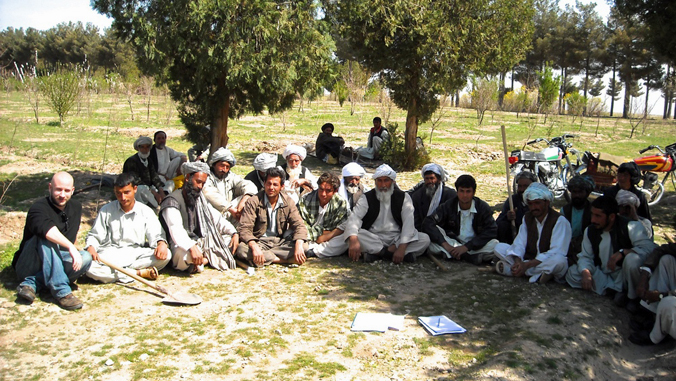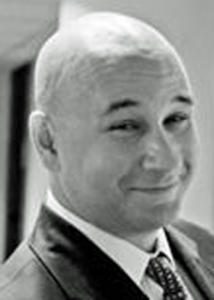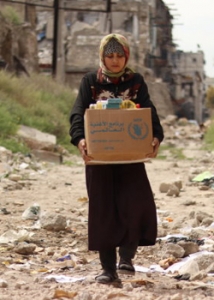
The University of Hawaiʻi at Hilo political science department is applauding one of its alumni for his contributions during the COVID-19 pandemic that helped the United Nations World Food Programme (WFP) secure the 2020 Nobel Peace Prize. UH Hilo graduate Colin Hourihan worked with WFP, the world’s largest humanitarian organization that combats hunger and food security to move critical medical supplies around the world during the early days of the pandemic.


“A team of about 100 of us worked tirelessly to make sure that those most vulnerable didn’t succumb to the virus or the knock on effects the pandemic caused,” Hourihan said. “We are now scaling up our work to feed more people than ever before in what is likely the largest humanitarian crisis since [World War II].”
Hourihan joined the UN in 2008 and heads the WFP’s Humanitarian Military Interaction Unit for the Emergency Operations Division in Rome.
During his time at UH Hilo, he earned a bachelor’s degree in political science with a focus on international relations and affairs. In 2015, Hourihan returned to the Hawaiʻi Island campus to headline two lectures about his experience with WFP’s emergency response.
“We are extremely honored to share in the applause of Colin’s Nobel Prize winning work with the United Nations World Food Programme,” said UH Hilo Public Law Professor Sarah Marusek.
The Norwegian Nobel Committee awarded WFP the Nobel Prize in October 2020.
In fall 2020, the Pacific Disaster Center, a research and technology organization under UH, joined forces with WFP to advance disaster preparedness and emergency response in the Asia and the Pacific region.
- Related UH News story:
- Hilo native wins coveted Nobel Prize for gene editing tool, October 7, 2020
- Keck astronomer awarded Nobel Prize for trailblazing black hole research, October 8, 2020

